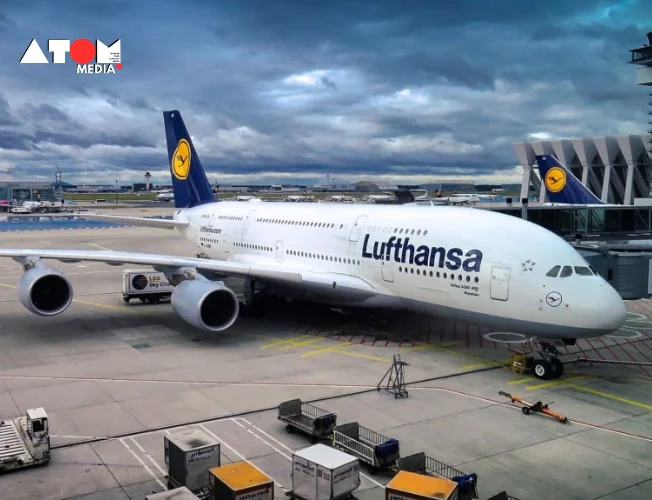The Directorate General of Goods and Services Tax Intelligence (DGGI) has taken a major step by sending showcause notifications to ten international airlines, including Singapore Airlines, British Airways, Emirates, Lufthansa, and Oman Air. These airlines are charged with failing to pay taxes totalling Rs 10,000 crore on services that their Indian operations have imported. This problem has caused a thorough study that started in August 2023 and covers the time frame from July 2017 to March 2024.
The Tax Controversy
The main focus of the DGGI’s inquiry is the non-payment of Goods and Services Tax (GST) on services that these multinational airlines’ Indian affiliates buy from their headquarters. There are serious questions regarding India’s GST compliance raised by this seven-year tax battle. This high-stakes investigation has reached a crucial stage with the showcause notifications that have been sent out over the last three days.
The Airlines in Question
The list of airlines that are receiving these tax warnings is comparable to a who’s who of global aviation. Among the well-known brands entangled in this tax net are Singapore Airlines, British Airways, Lufthansa, Emirates, and Oman Air. These airlines, with their vast operations and substantial market shares, are prominent participants in the Indian aviation industry. The move taken by the DGGI may have a significant impact on their financial operations in India.
GST on Imported Services
The GST on imported services is at the centre of this dispute. Indian tax regulations state that services imported from their head offices by Indian branches are liable to Goods and Services Tax (GST). The DGGI’s examination, however, indicates that these airlines may not have complied with this rule, which is what caused the significant tax demand. The amount of Rs 10,000 crore poses a substantial financial strain on these airlines, which may have an effect on their capacity to make a profit and continue operating in the Indian market.
Timeline of the Investigation
August 2023 saw the start of the investigation into the claimed tax evasion. The DGGI has been closely monitoring these airlines’ financial activities and records for the past year. After conducting a thorough investigation, the DGGI has amassed a large body of evidence to back up its allegations, as evidenced by the showcause notices. The airlines are now afforded the chance to reply to these notifications and provide a defence.
Potential Implications
The international airlines involved in the DGGI’s action as well as the larger Indian aviation industry could be affected in a number of ways. First off, the tax demand of Rs 10,000 crore has a significant financial impact. To handle this obligation, airlines might need to review their financial plans and set aside money. Second, other foreign businesses that operate in India, especially those in the aviation industry, may find their tax compliance policies under closer examination as a result of this action.
Response from the Airlines
The airlines have not yet made any statements regarding the showcause notices in the public. They are anticipated to study the accusations and get ready to respond. Legal experts predict that the airlines will contest the notices, which might result in a drawn-out court case. The resolution of this disagreement may establish a standard for how tax authorities read and apply the GST laws pertaining to services that are imported.
Final Thoughts
The Indian government’s determination to ensuring tax compliance is demonstrated by the DGGI’s action against international airlines such as British Airways, Lufthansa, and Emirates. The GST demand of Rs 10,000 crore draws attention to the monetary risks that come with non-compliance. It would be critical to watch how the airlines react and how this issue affects the Indian aviation industry as this probe progresses.
Read more: Marketing News, Advertising News, PR and Finance News, Digital News





